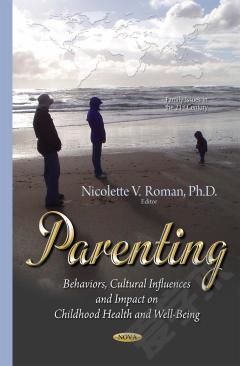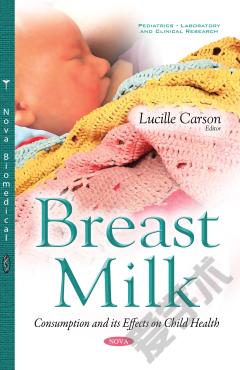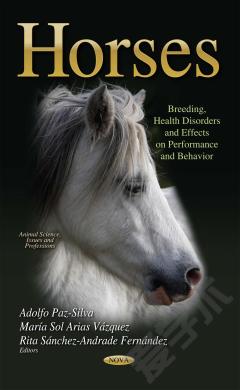Infant Feeding: Parental Perceptions, Behaviors, and Health Effects
Although infant feeding may be considered the primal form of mother–infant interaction, its treatment as a worthy subject of scientific investigation has only recently ascended to a position of importance. The reasons for our current interest are varied and important. For example, over the past fifty years the methods for studying feeding have improved, whether one speaks of analyzing the composition of milk or the synchrony of the dyadic give-and-take during a feeding. Secondly, with breastfeeding rates having risen dramatically recently, the correlates of this societal change are undeniably of increased empirical interest. Finally, the current child obesity epidemic has propelled infant feeding to the forefront of the variety of public health strategies that will be needed to slow this crisis. The contributors to the present volume are all well-established researchers in the area of mother-infant interactions that surround infant feeding. With a mixture of theoretical underpinnings, methodological advances, and samples of current research, this book should serve as a useful reference for scientists and practitioners interested in the behavioral and health issues that surround infant feeding.
{{comment.content}}








 京公网安备 11010802027623号
京公网安备 11010802027623号